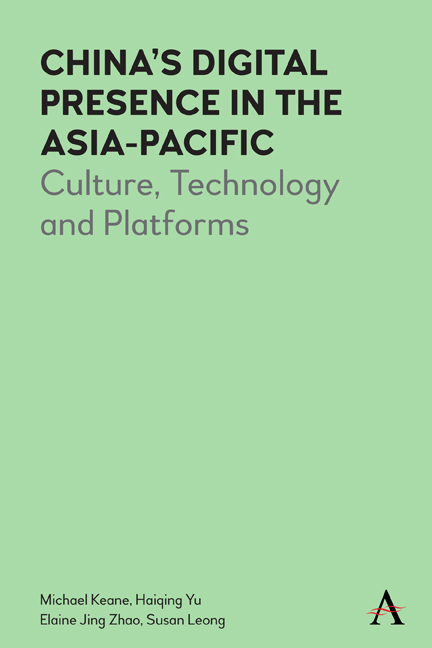5 - Assessing the Evidence
Published online by Cambridge University Press: 20 January 2022
Summary
When trying to assess the evidence of a nation's cultural outputs it is tempting to use proxies of international success, for instance, Academy Awards Oscars or Nobel Prizes. Such global awards seldom countenance creative offerings from Asia and when this happens it is exceptional, for example, the spectacular success of the South Korean film The Parasite at the 2020 Academy Awards. Chinese films have received no Oscars to date, despite submitting 20 films for nomination. Chinese writers have been awarded only two Nobel Prizes for literature. One Nobel Prize-winning author lives in France, another in Shandong, China. In contrast, France has received 15 Nobel Prizes in literature since 1901, the United States and Great Britain, 12 each.
For most people living in the West the most representative Chinese actorcelebrity is probably Jackie Chan and the most recognizable Chinese film genre is kung fu. Celebrity status brings visibility on the world stage. In order to achieve global recognition, it is important to feature in films ‘made in Hollywood’, the centre of the global film industry. Chan has done this since his early years in Hong Kong, like Bruce Lee before him, and he has been welcomed into the golden temple of the academy awards, receiving an honorary Oscar in 2016. Global stars like Chan are a cultural bridge and the publicity machines of Western film and TV industries, their eyes fixed on new markets, endeavour to supercharge their celebrity investments. Expensive promotional sound bites add to entertainment industry news which is widely consumed in China. Aside from recent attempts to coproduce and to use other cross-over stars, for instance, the US actor Matt Damon in The Great Wall (2017) and the Chinese actress Li Bingbing in The Meg (2018), China's success is culturally and geographically specific. When it comes to narrative forms, some genres work better in China, for instance, historical epics and melodramas. In the global context, however, misunderstandings and ‘cultural discounts’ apply; the question remains: how is success measured? Can big data or social media tell us anything we don't know?
This chapter delves into the inherent messiness of cultural data. It provides examples of cultural data that are widely used and have acquired strong reputational effects, for instance, the Portland Soft Power 30 index, but which are not without methodological problems.
- Type
- Chapter
- Information
- China’s Digital Presence in the Asia-PacificCulture, Technology and Platforms, pp. 85 - 100Publisher: Anthem PressPrint publication year: 2020



